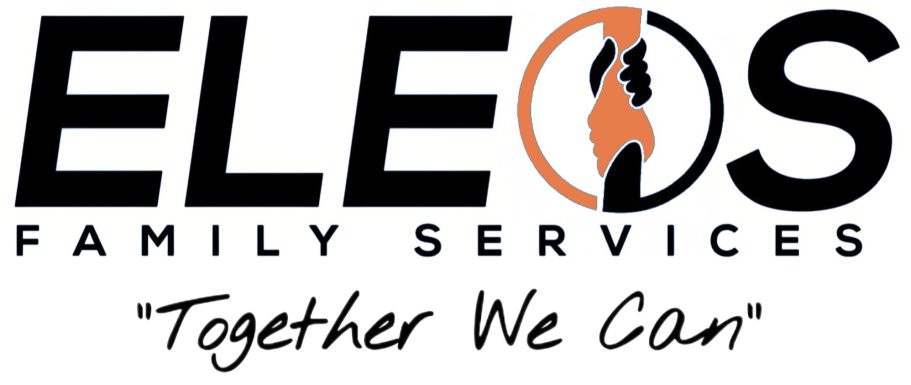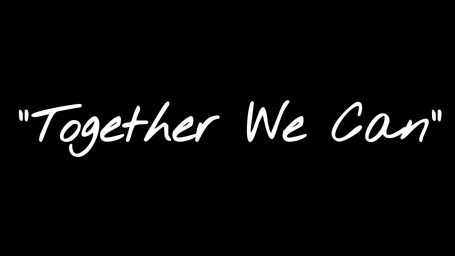Employee Resources
Discover more about the professional and personal services available to support you. We constantly update this page, but if you still can’t find what you’re looking for, please feel free to get in touch with our Human Resources Director – we will be more than happy to help.

We understand that our staff faces potential hazards and risks while conducting home visits. We are committed to staff safety and well-being. Please leverage the available resources to assist and equip you with tools and training to prepare, preventing and protect yourself from harm.

Therapist Aid provides expertly designed, research-informed tools and education for mental health professionals and their clients.
As demand grew, so did the team. Today, Therapist Aid supports over a million mental health workers around the world with a small team of clinicians, artists, web developers, and other professionals.

It is sometimes challenging to work as a direct support professional (DSP). There are many demands placed on direct care staff which can create stress. Due to this fact, DSPs need strategies for dealing with the expectations placed on them.

Online screening is one of the quickest and easiest ways to determine whether you are experiencing symptoms of a mental health condition.
Mental health conditions, such as depression or anxiety, are real, common and treatable. With help, recovery is possible.

Enhancing the status of Direct Support Professionals (DSPs).
Providing educational and career opportunities for DSPs.
Strengthening partnerships between DSPs, self-advocates, and other consumer groups.
Promoting systems reform in Direct Support, and Supporting a credentialing process.

Working as a Direct Support Professional (DSP) can be draining, but if we practice good self-care techniques we can unwind at the end of the day.
Some of these techniques include, (1) knowing when to “let it go,” (2) having a great support team, and (3) meditation or mindfulness.
Learning, Education and Development (L.E.A.D.)
EFS is committed to and focused on supporting and facilitating the professional and personal growth of our staff via - Learning, Education and Development. There are State and EFS required trainings that must be successfully completed. In addition, there are growth and development opportunities for staff.

College of Direct Support
As an approved agency to provide services to Individuals served by the New Jersey Division of Developmental Disabilities, we must be in compliance with all state requirements, rules and laws.
Trainings mandated by the Division for agency staff and self-directed employees are accessed online through the College of Direct Support (CDS), administered in New Jersey by The Boggs Center on Developmental Disabilities.

Eleos Staff Training
We provide a repository of optional and required training documents and videos to support staff in succeeding in their role and responsibilities to ensure alignment with EFS Policies & Procedures and adherence with DCF, CSOC and DDD. Trainings may be manager or staff assigned.
The Boggs Center

The Boggs Center develops and provides a variety of trainings aimed at improving the DSP workforce spanning from supporting community inclusion through effective behavior supports. The Center also serves as New Jersey’s statewide system administrator for the College of Direct Support providing training and technical assistance to thousands of provider agency administrators across the state.

Rutgers Behavioral Health Care
The Behavioral Research & Training Institute at Rutgers UBHC is proud to host the Training & Technical Assistance (TTA) program for the NJ Children's System of Care (CSOC). This site catalogs courses offered by CSOC TTA. Each month, we post a monthly calendar of training offerings that include courses in this catalog.
R.I.S.E. Mentor Connect Program
Mentorship allows mentors to take all of their years of work experience and share with the new generations entering the workforce.
Our mentor connect program offers one-on-one relationships that will allow both mentors and mentees to share their insights, perspectives and experiences related to various topics within the workplace. This results in a supportive mutually-beneficial relationship that provides the mentor with an enhanced knowledge of the field, while driving career, personal development and employment opportunities for the mentee.
We need your consent to load the translations
We use a third-party service to translate the website content that may collect data about your activity. Please review the details in the privacy policy and accept the service to view the translations.

